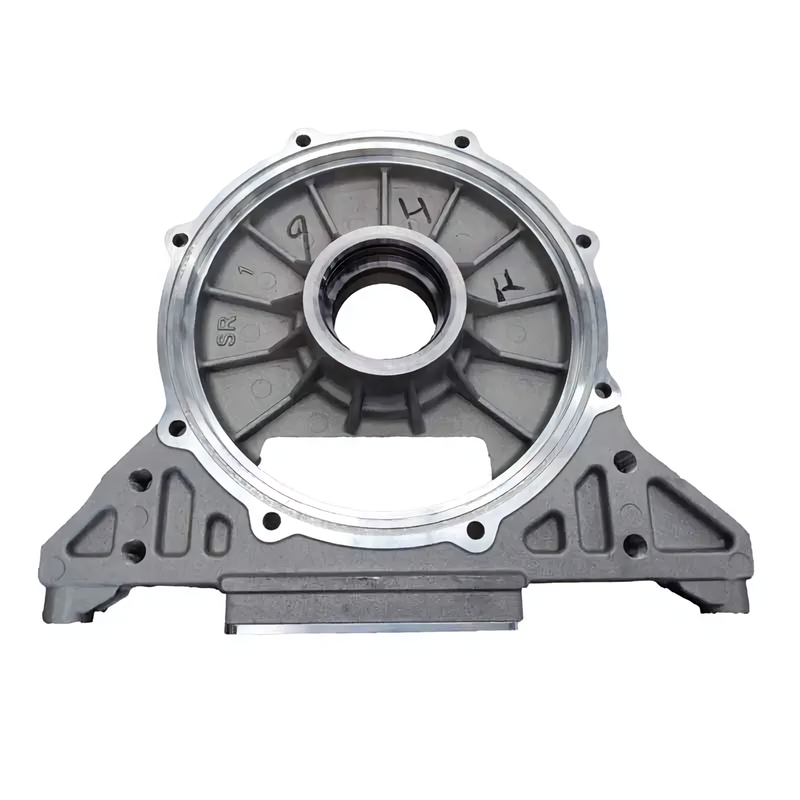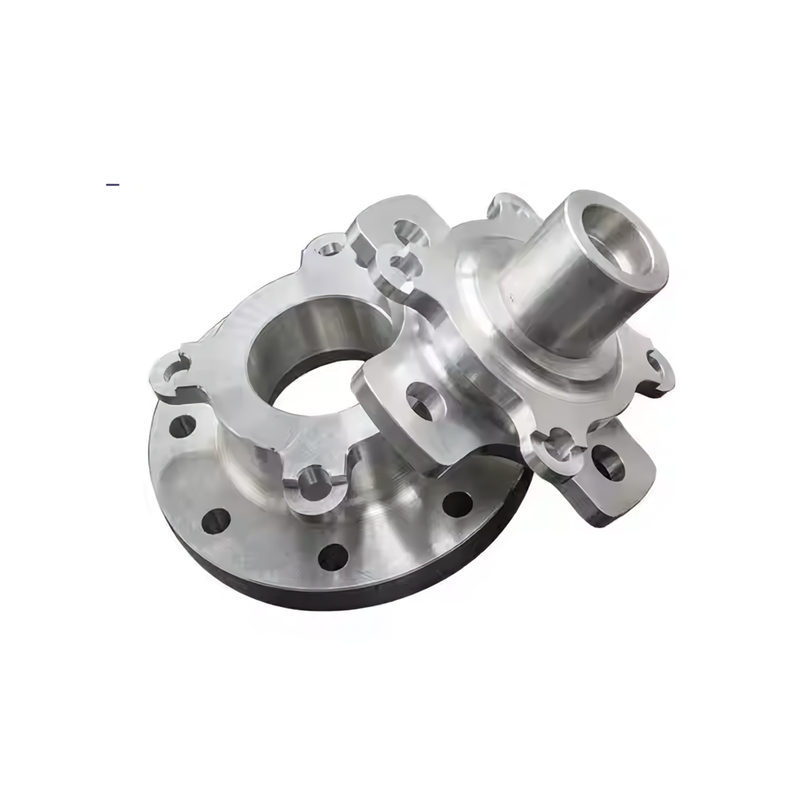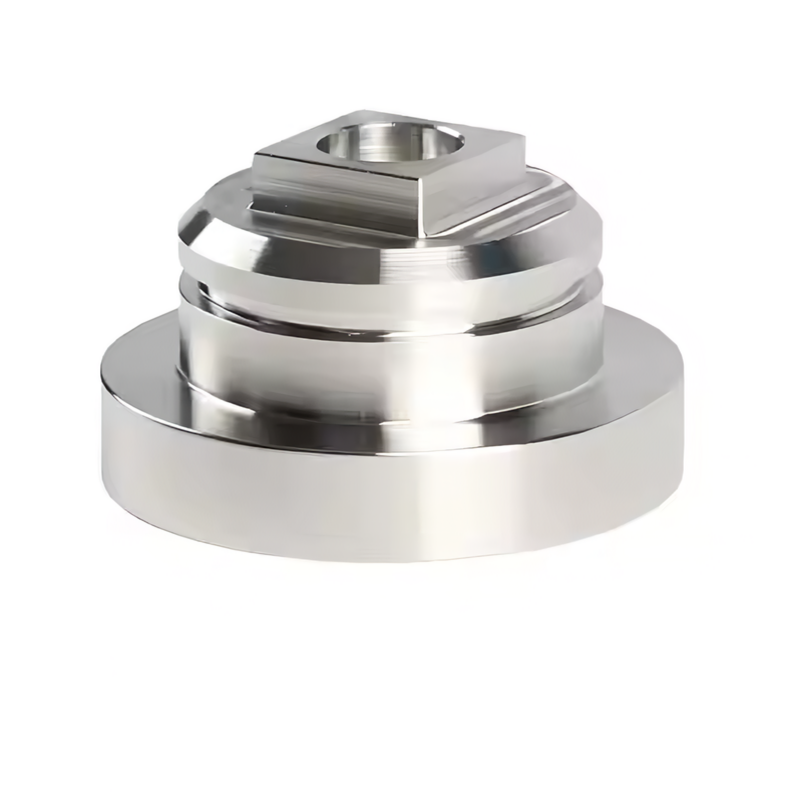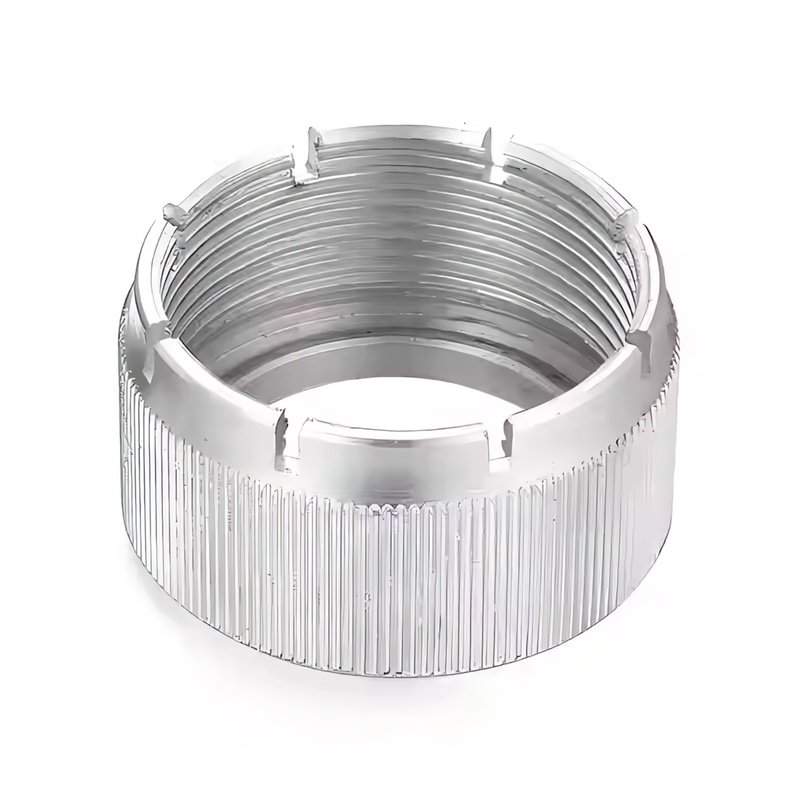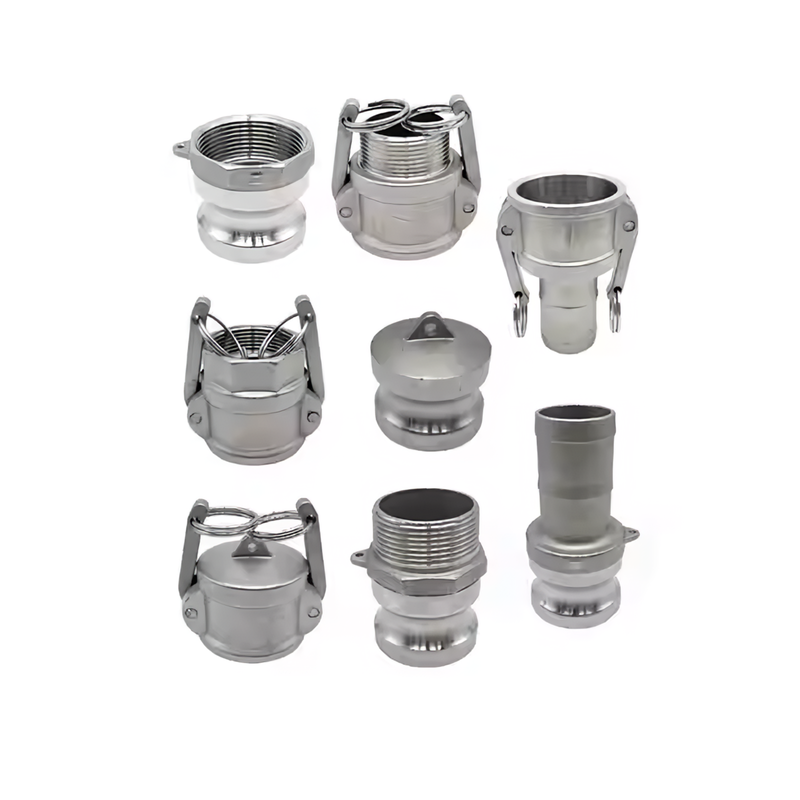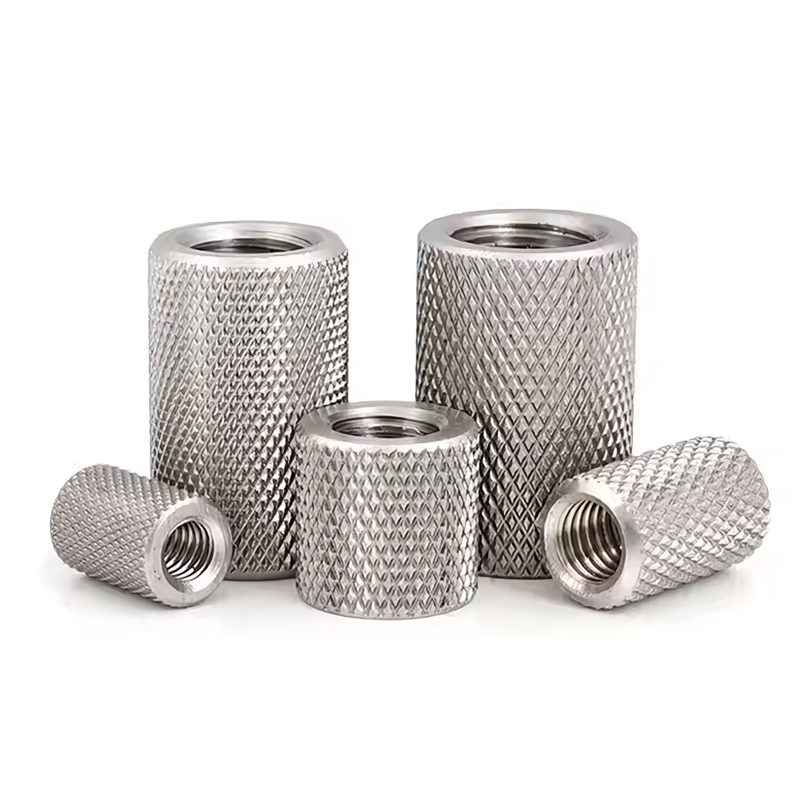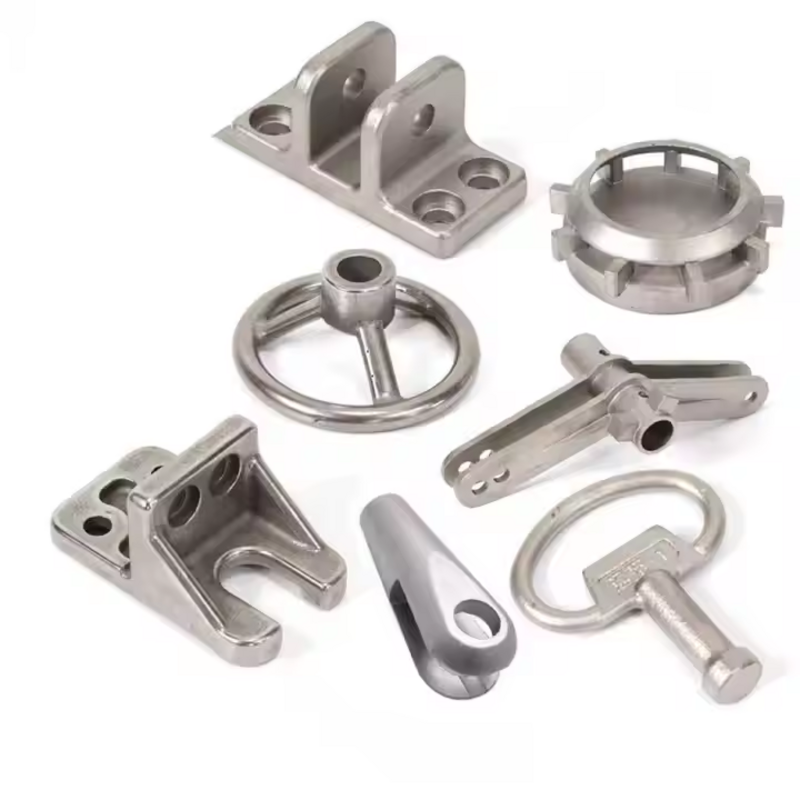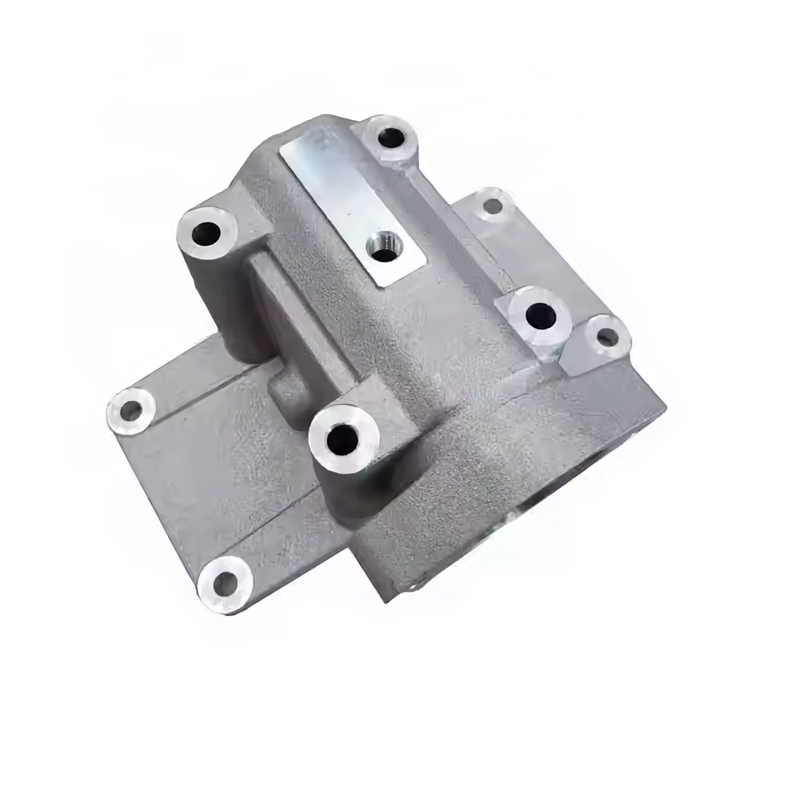Product Description
High-Precision Metal Casing
This high-precision metal casing is engineered for durability and longevity, making it ideal for industrial applications that demand stability and strength. Designed with a circular opening, it facilitates easy installation of internal components, ensuring seamless integration into various systems. The casing features reinforced mounting points that provide exceptional load-bearing capacity, allowing it to support substantial weight and withstand pressure without compromising structural integrity.
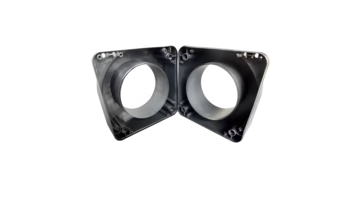
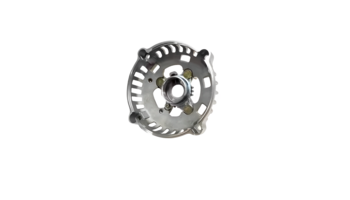
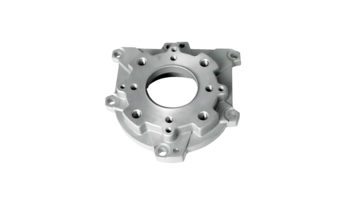
Product parameters
| Item | Parameters |
|---|---|
| Mold Material | SKD61, H13 |
| Cavity | Single or multiple |
| Mold Life Time | 50K times |
| Product Material | 1) ADC10, ADC12, A360, A380, A413, A356, LM20, LM24 2) Zinc alloy 3#, 5#, 8# |
| Surface Treatment | 1) Polish, powder coating, lacquer coating, e-coating, sand blast, shot blast, anodine 2) Polish + zinc plating/chrome plating/pearl chrome plating/nickel plating/copper plating |
| Size | 1) According to customers' drawings 2) According to customers' samples |
| Drawing Format | step, dwg, igs, pdf |
| Certificates | KQA-Q172962 KQA-TS150225 KQA-E23907 |
| Payment Term | T/T, L/C, Trade Assurance |
Custom Process

1.send inquiries

2.drawings or samples

3. Quotation

4.customer confirmation

5. places order and pays

6.Mass production

7.Test before packaging

8.Shipping & confirmation
Process Type
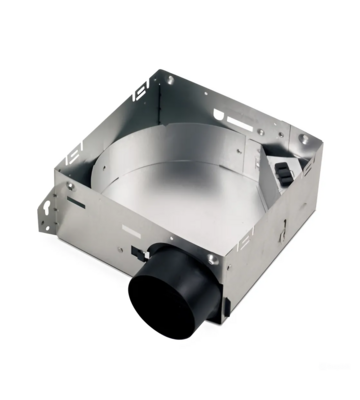
Ventilation Fan Housing
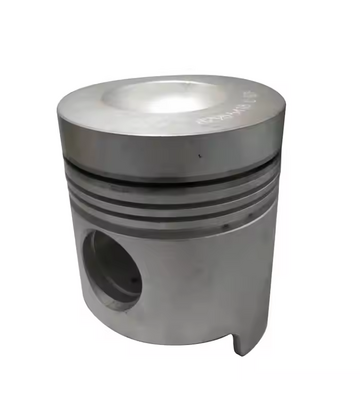
Piston
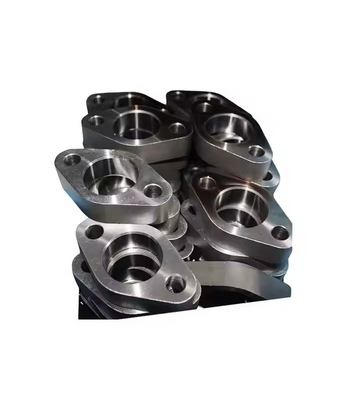
Cylinder Head
Quality Control
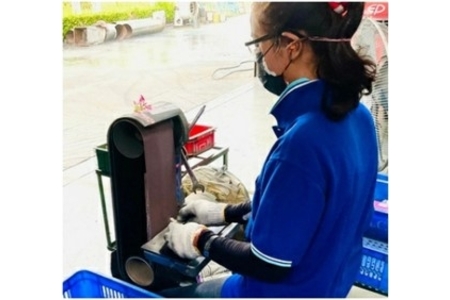
Quality control in casting
is a crucial process to ensure that the produced components meet the specified standards. This process includes inspecting the materials used, monitoring the casting process, and evaluating the final products to ensure that the finished parts are strong, durable, and of high quality.
- Material Inspection: Checking the quality of the materials used in casting, such as cast iron, aluminum, or other materials, to ensure they meet the required standards.
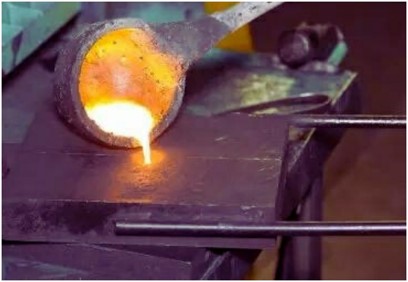
2.Casting Process Monitoring: Overseeing the casting process at every stage, from preparing the mold and melting the metal to pouring the metal into the mold, to ensure that no errors occur during production.
3.Final Product Inspection: Inspecting the cast components after production to identify any defects, such as cracks, porosity, or warping, which could affect the quality and performance of the parts.
4.Testing Mechanical and Physical Properties: Conducting tests on the strength, durability, and other properties of the components to ensure that the produced parts can meet the expected requirements.
Processing capability
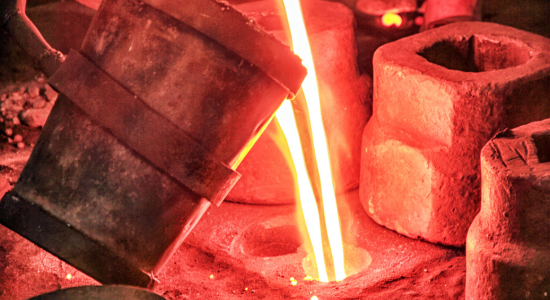
Processing capability refers to the ability of a manufacturing process to produce products that meet specified quality standards. It includes the following key factors:
- Production Capacity: The maximum amount that can be produced within a given timeframe.
- Precision and Tolerance: The ability to maintain the dimensions and tolerances of the products.
- Material Compatibility: The types of materials that can be effectively processed.
- Flexibility: The ability to adjust the production process to accommodate different designs and sizes.
- Quality Control Measures: Systems in place to monitor and maintain quality throughout the production process.
Additional processes
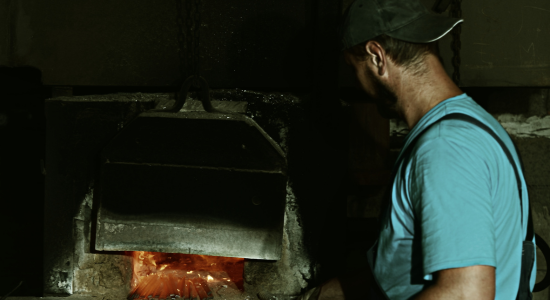
Additional processes in manufacturing include precision machining, heat treatment to enhance material properties, surface finishing to improve appearance and durability, welding and assembling components, as well as quality inspection, protective coating, and packaging for safe delivery. These processes elevate quality and enhance production efficiency to meet customer needs effectively










